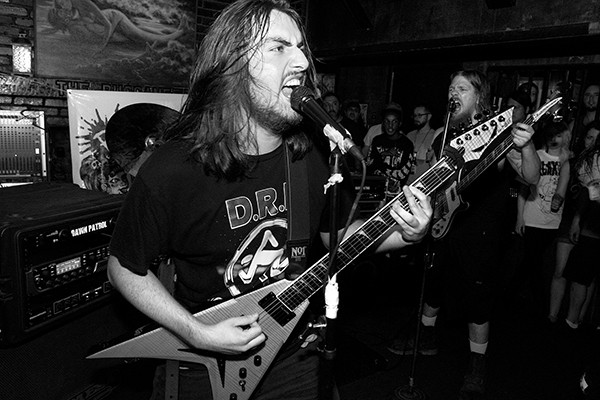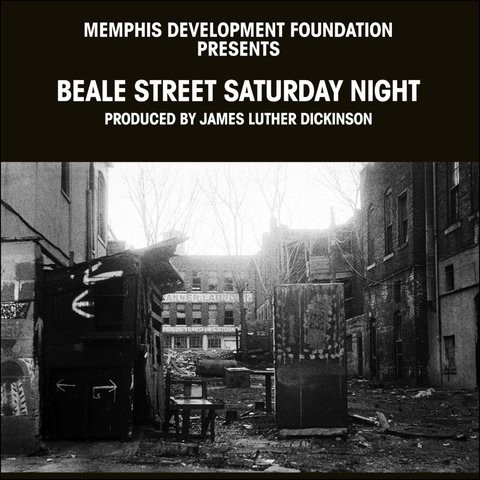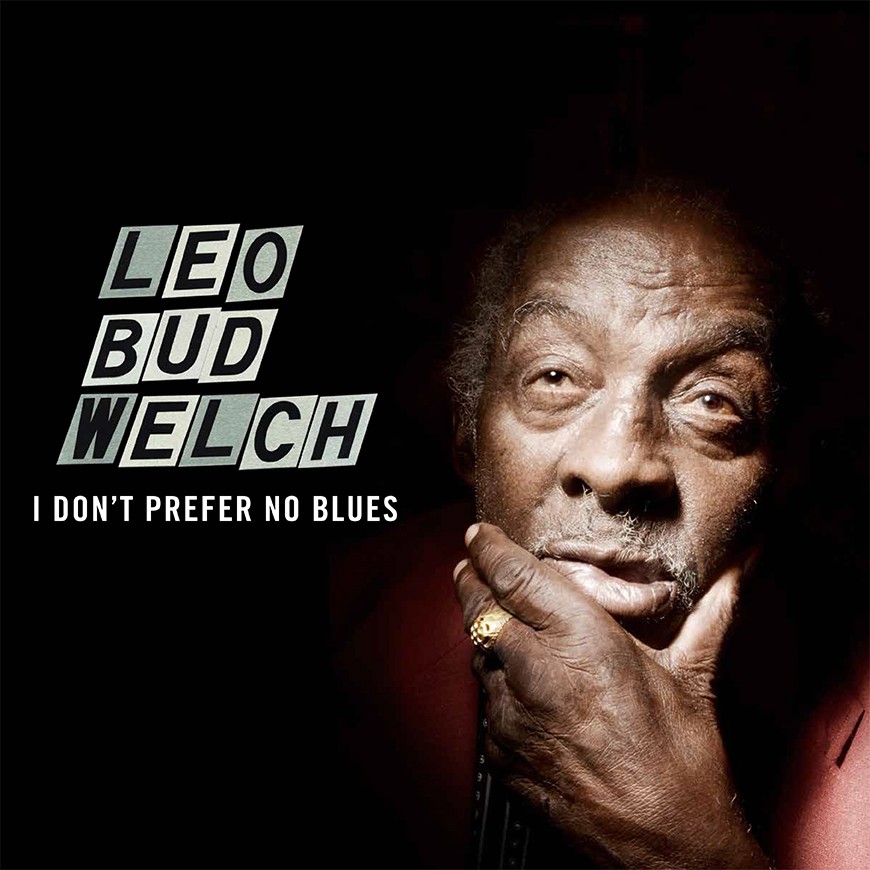Terry Manning, the pioneering producer, musician, and photographer who was the first staff engineer at Ardent Studios and worked with many of their greatest artists, from Big Star to Led Zeppelin to ZZ Top and beyond, died yesterday, March 25th. Musician Robert Johnson, a friend of both Manning and ZZ Top’s Billy Gibbons, informed the Memphis Flyer that Gibbons had shared news from Manning’s wife that Manning suffered a sudden, fatal fall in the early hours of the morning at his home in El Paso, Texas. An official cause of death has not been made public at this time. He was 77.
This comes only two months after Manning released his latest album, Red and Black, the latest in a series of strong efforts from a very active career in music. He was also physically active all his life, according to the bio on his website, captaining the soccer team at then-Memphis State University in his youth, and running marathons and coaching racquetball later in life. His passing has come as a shock to his friends and colleagues.
Johnson, who worked closely with Manning by way of his music career and continued to be in touch in recent years, says, “He was the epitome of health. I remember him being a vegetarian early on, and he never smoked and never drank. He never partied. He always just worked.”
And work he did, chalking up nearly 200 credits as a producer and even more as an engineer since the 1960s. Over more than half a century, he worked with Booker T. & the MG’s, Shakira, Isaac Hayes, Otis Redding, Iron Maiden, Bryan Adams, the Tragically Hip, Johnny Winter, the Fabulous Thunderbirds, Jason and the Scorchers, the Staple Singers, Molly Hatchet, George Thorogood, Al Green, Widespread Panic, Shania Twain, Joe Cocker, Joe Walsh, Lenny Kravitz, and many others.
After moving to Memphis from Texas, he attended Memphis State and played keyboards for the band Lawson & Four More. That was when Johnson first met him, and the two soon became close. When I spoke to Manning in 2018, he said of Johnson, “We’re good friends. I worked with Robert quite a bit. Quite a character. Someone I just love dearly.”
“The first time we really locked horns,” Johnson recalls, “was at the Battle of the Bands at the T. Walker Lewis Community Center. One band would be under one basketball net, and the other band would be under the other. And so you’d play a set, and then all the kids would just move back and forth. At the end of the night, they’d all put their ticket into the hat and vote. Every time, we’d always lose to Terry Manning’s band. Lawson & Four More were a good band, and they had the world record of winning the Battle of the Bands at that little place. All their fan base was in that neighborhood.”
Even then, Manning was prone to experimenting to take the music further. “He had this little trick with the organ. It was a Doric, a German off-beat organ. And he would take Mercury dimes, these really thin 10 cent pieces, and make a chord, and he would stick the dimes between the keys, and they would just hold down this chord. His amp would have all this distortion, and he would take his hands and move and spin around. I mean, it was almost like seeing Jimi Hendrix playing the organ. It was just totally incredible. You thought the organ was playing itself.”
Before long, Manning began working as the first staff engineer at the fledgling Ardent Studios, engineering sessions for Stax Records when their main studios were overbooked, and both working the board and playing when the studio supported local rock bands, including Chris Bell’s Icewater and Rock City, which went on to become Big Star after Alex Chilton joined them. Manning was also deeply involved in Chilton’s solo recordings just before the Big Star era, as the singer-songwriter sought to define his sound after leaving the Box Tops, ultimately released on the retrospective 1970 album. And Manning masterminded his own solo psychedelic album, Home Sweet Home, at the time — now widely celebrated.
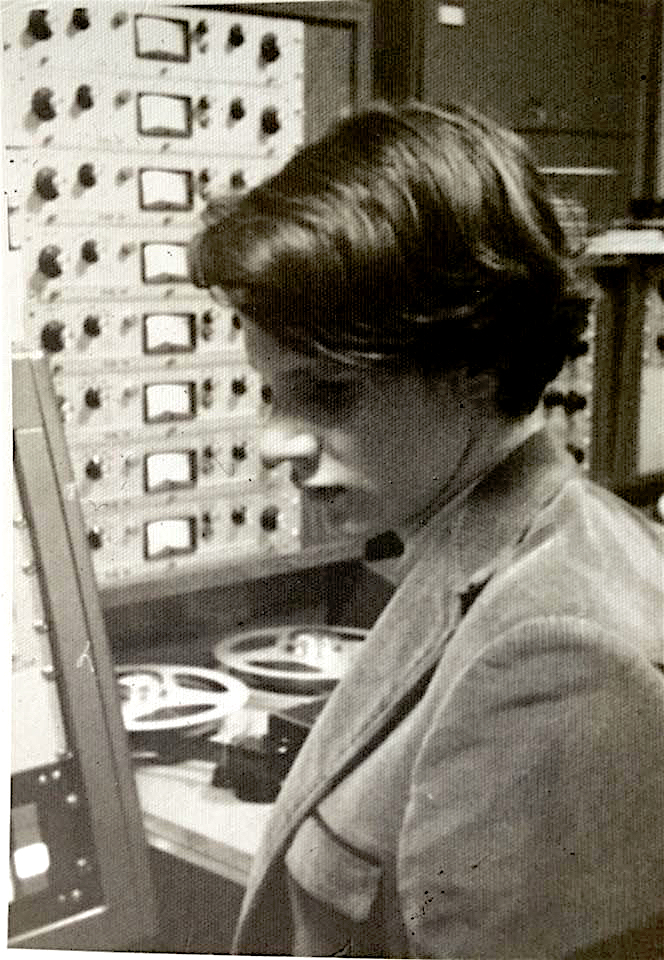
Earlier, while playing with Lawson & Four More, Manning befriended Jimmy Page as he was touring with the Yardbirds, leading Page to work with Manning years later during the mixing of Led Zeppelin III, as detailed in this Memphis Magazine story.
Perhaps his greatest success was with the band ZZ Top, who recorded several albums at Ardent. “When ZZ Top started making ‘Gimme All Your Lovin” and those other Top 10 songs,” Johnson says, “those sounds were all Terry on the Oberheim keyboard and drum machine, programming drums and keys. He was MIDI-ing up the bass and coming up with those drum turnarounds. Of course, Billy Gibbons is a good drummer and probably did some of that programming down in in Texas, but then Terry came in and totally took it to the next level.”
Manning later moved to London and worked at Abbey Road Studios, then moved to the Bahamas as Chris Blackwell’s partner at Compass Point Studios, where he worked for over 20 years.
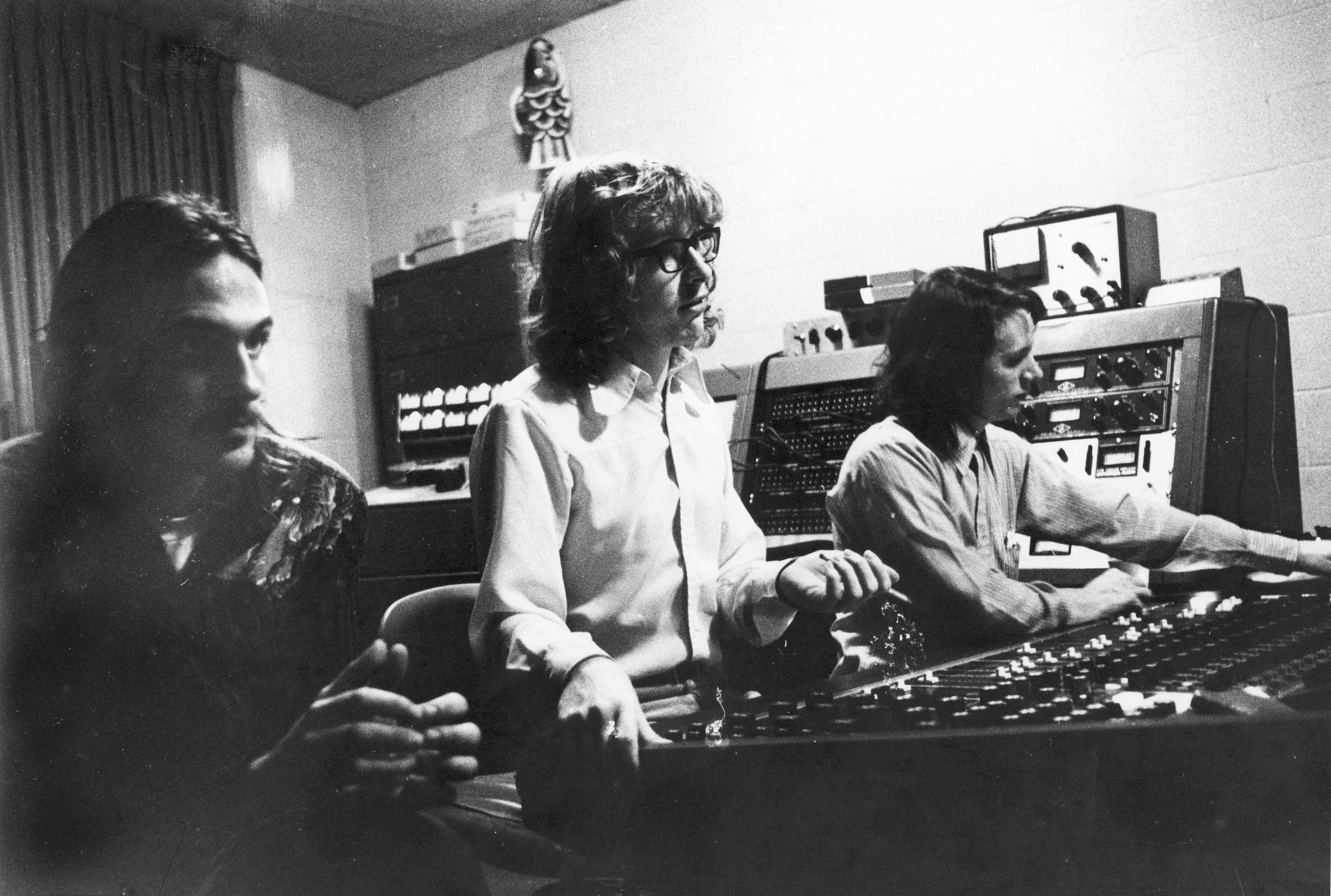
In more recent years, Manning leaned into making his own music again, releasing the albums West Texas Skyline: A Tribute to Bobby Fuller (2013), Heaven Knows (2015), Planets (2016), and Playin’ in Elvis’ House (2019), recorded live in the former home of Elvis Presley on Audubon Drive.
He was also a highly respected photographer, publishing two books of his work. In 2016, his work was featured in the Stax Museum of American Soul Music’s exhibit, “Scientific Evidence of Life on Earth During Two Millennia.” The exhibit showcased both Manning’s urban landscapes and his portraits of luminaries ranging from British singer Dusty Springfield to civil rights hero Martin Luther King Jr.
But his studio wizardry, informed by his highly musical ears, was arguably his greatest accomplishment. As Johnson notes, “I’m sure Terry learned a lot of things from [Ardent’s] John Fry, because Fry was a little older than Terry, and was more of a mechanical nerd with the tape machines and compressors and all that, but Terry soon surpassed everybody. It didn’t take long before he was probably the number one guy in town. Other engineers just didn’t have that sparkle that he had. I’ve worked with great engineers, like Glyn Johns and Bill Price, but I’ve got to tell you, my favorite engineer of all time is really Terry Manning. He taught me so much about audio electronics and all of John Fry’s techniques. And he just really opened my mind to a world of creativity that I didn’t have. He just flat out knew how to make a record, you know?”
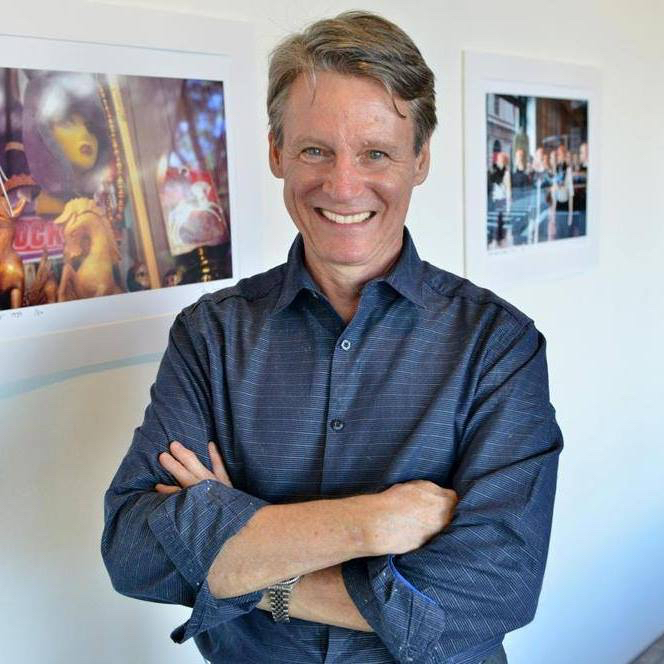

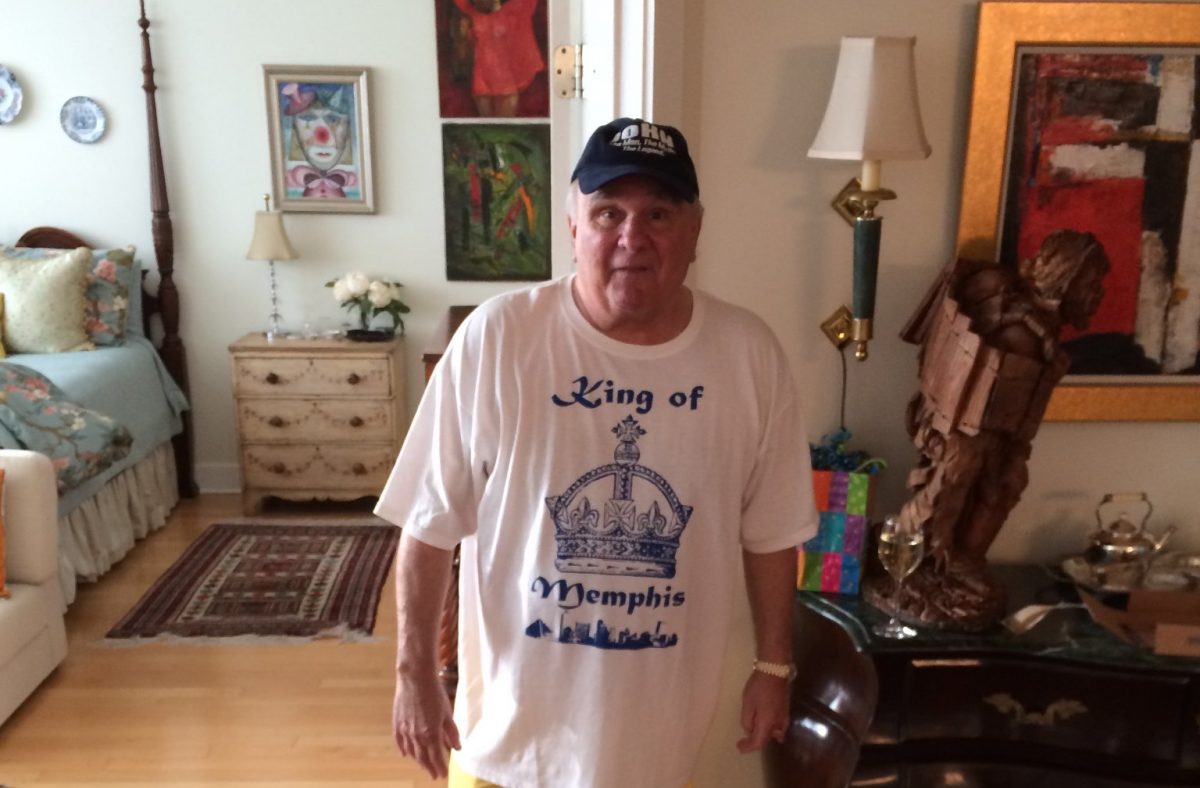
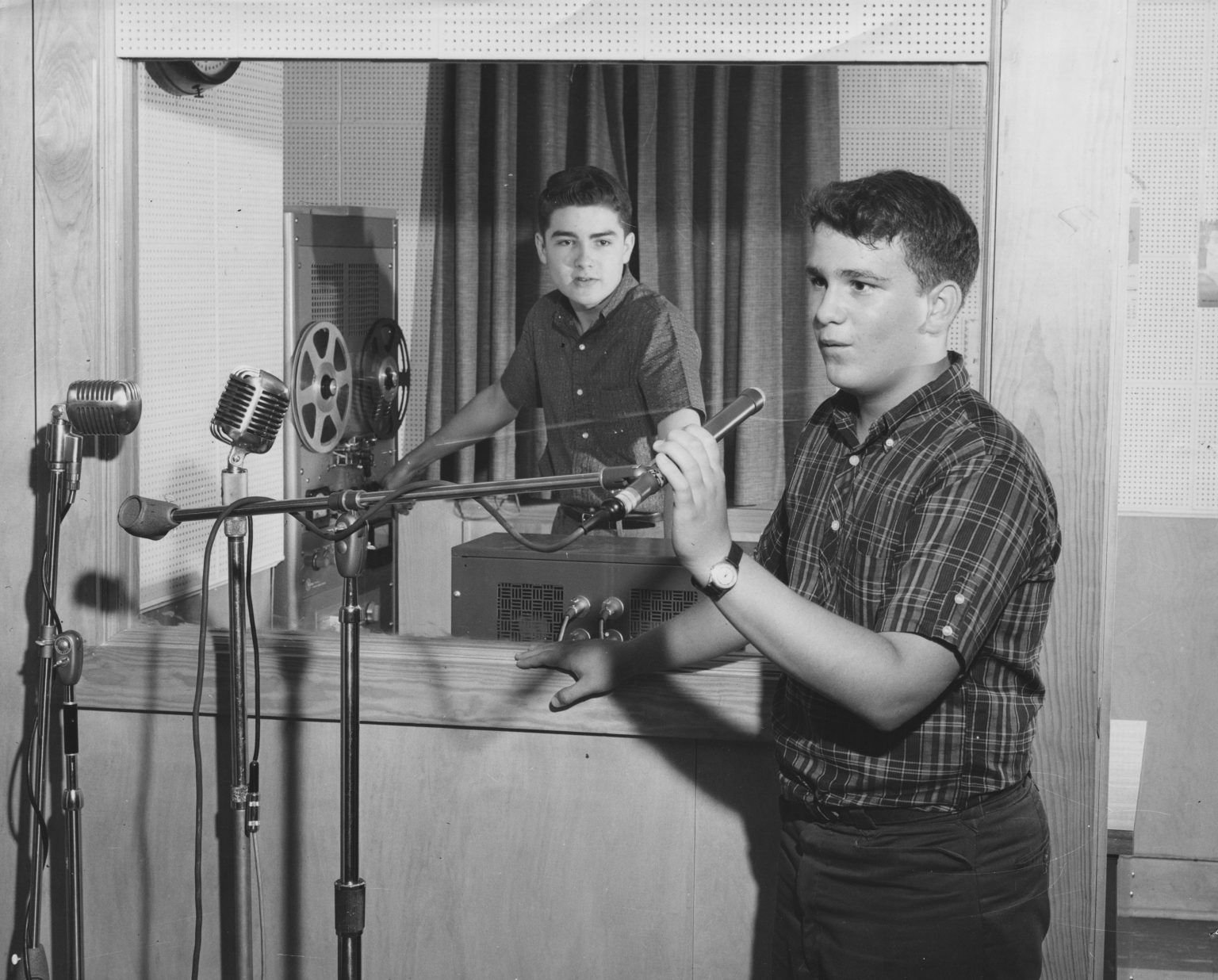
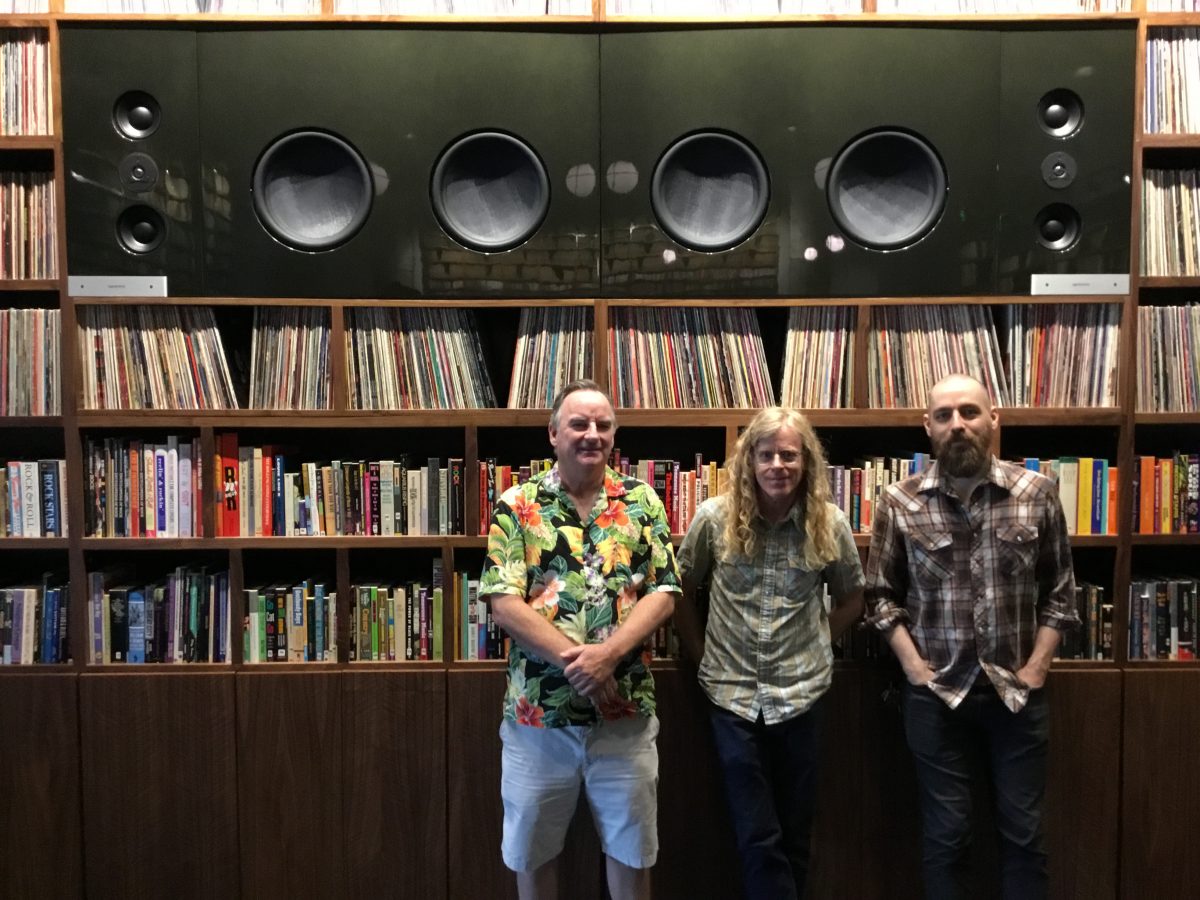
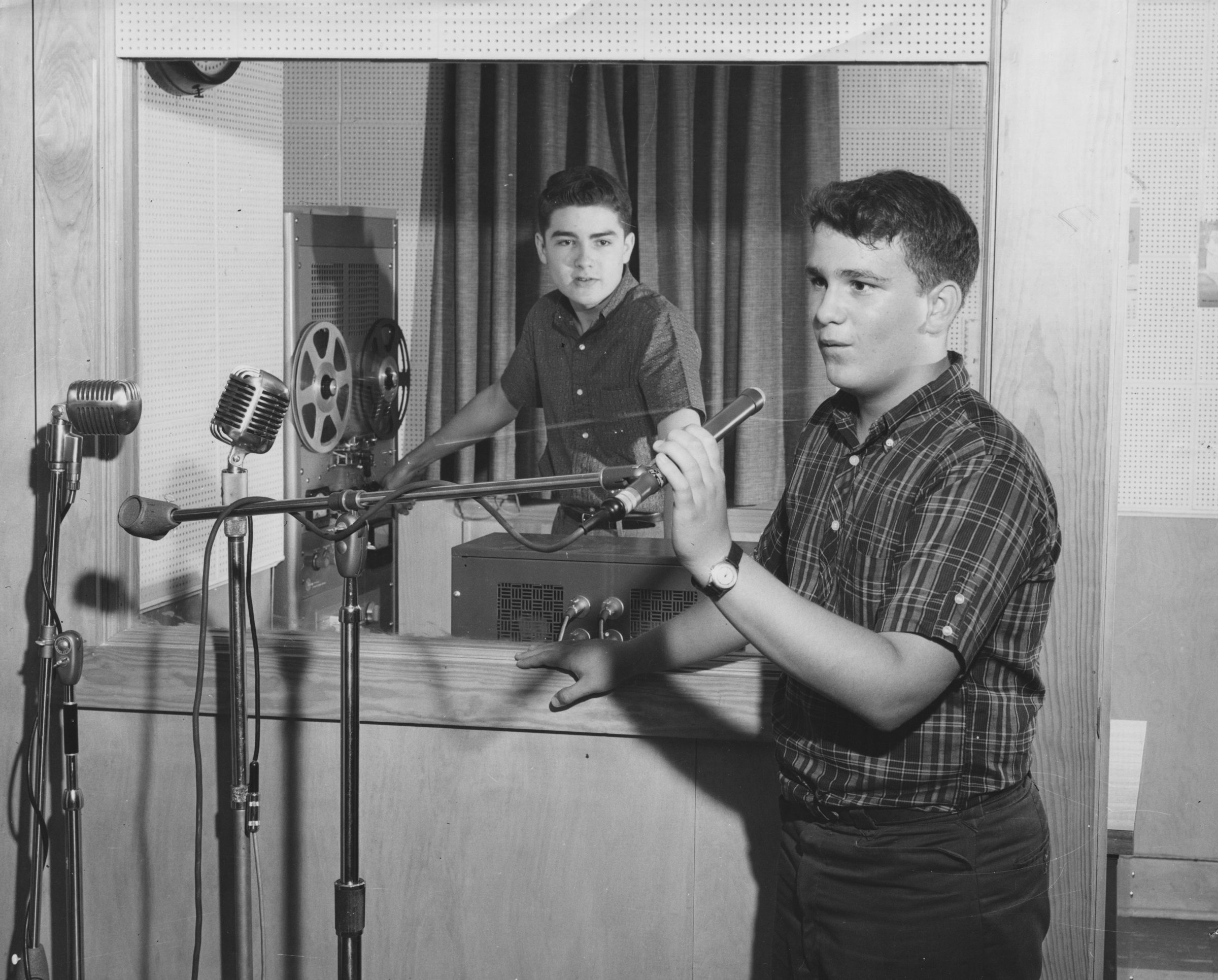
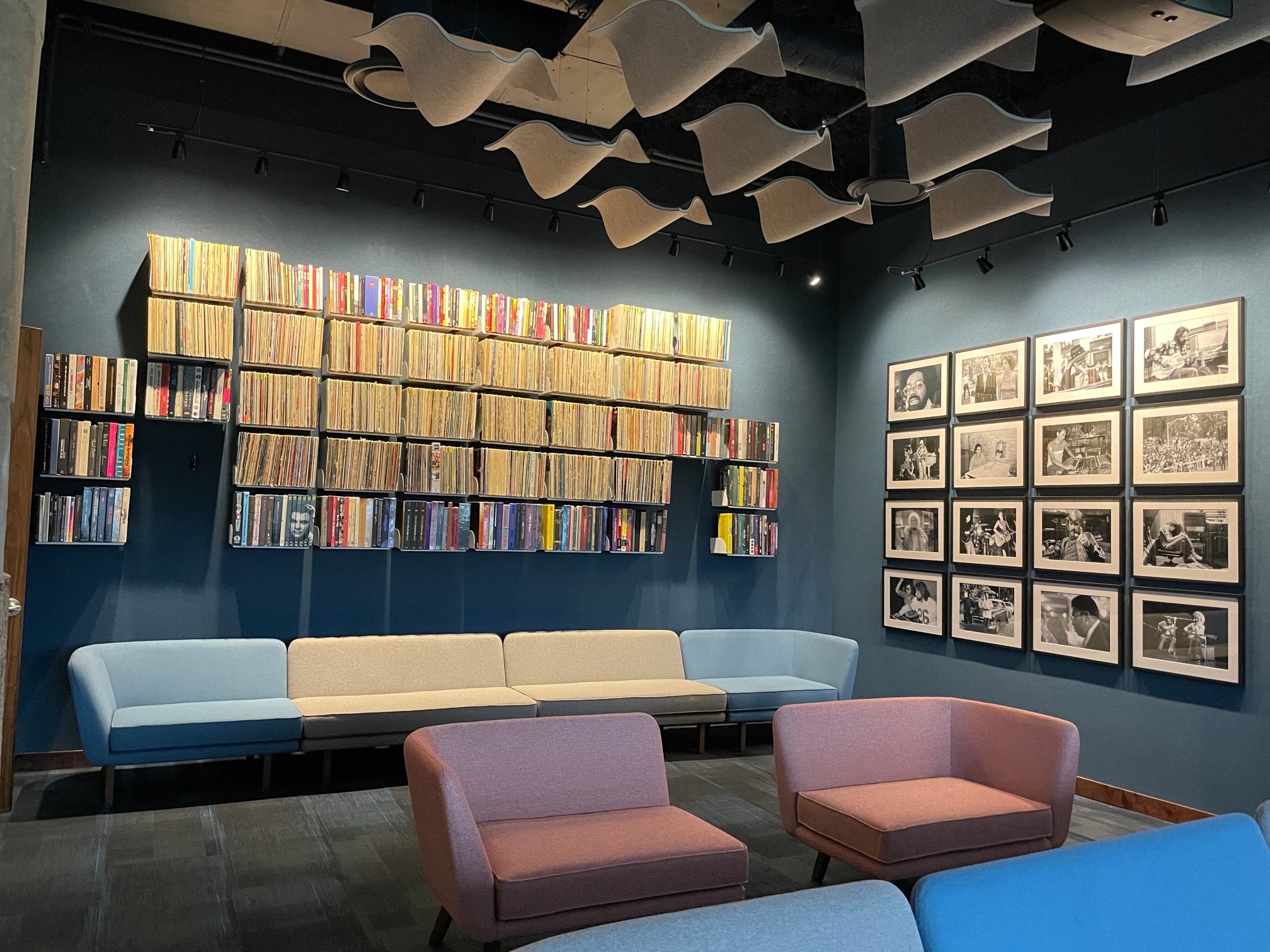
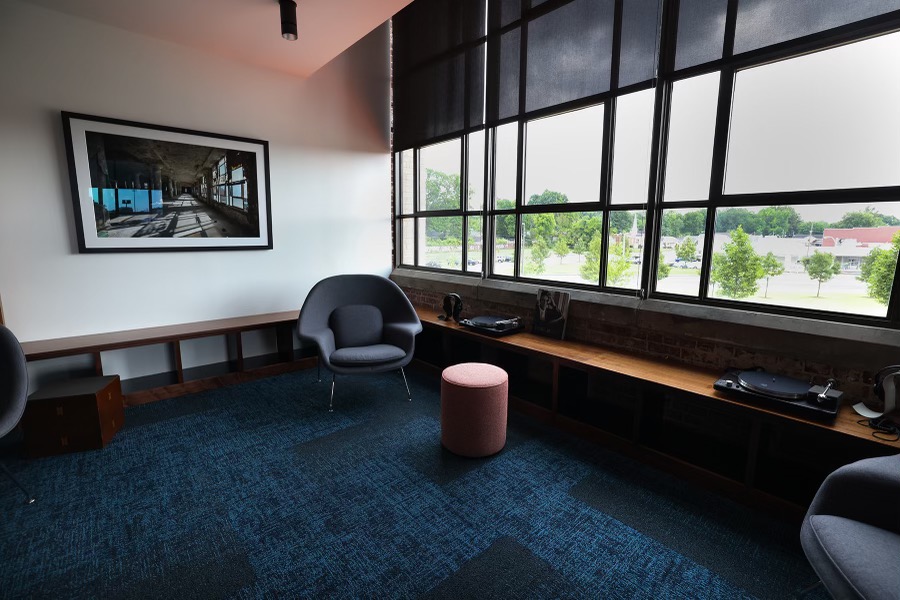
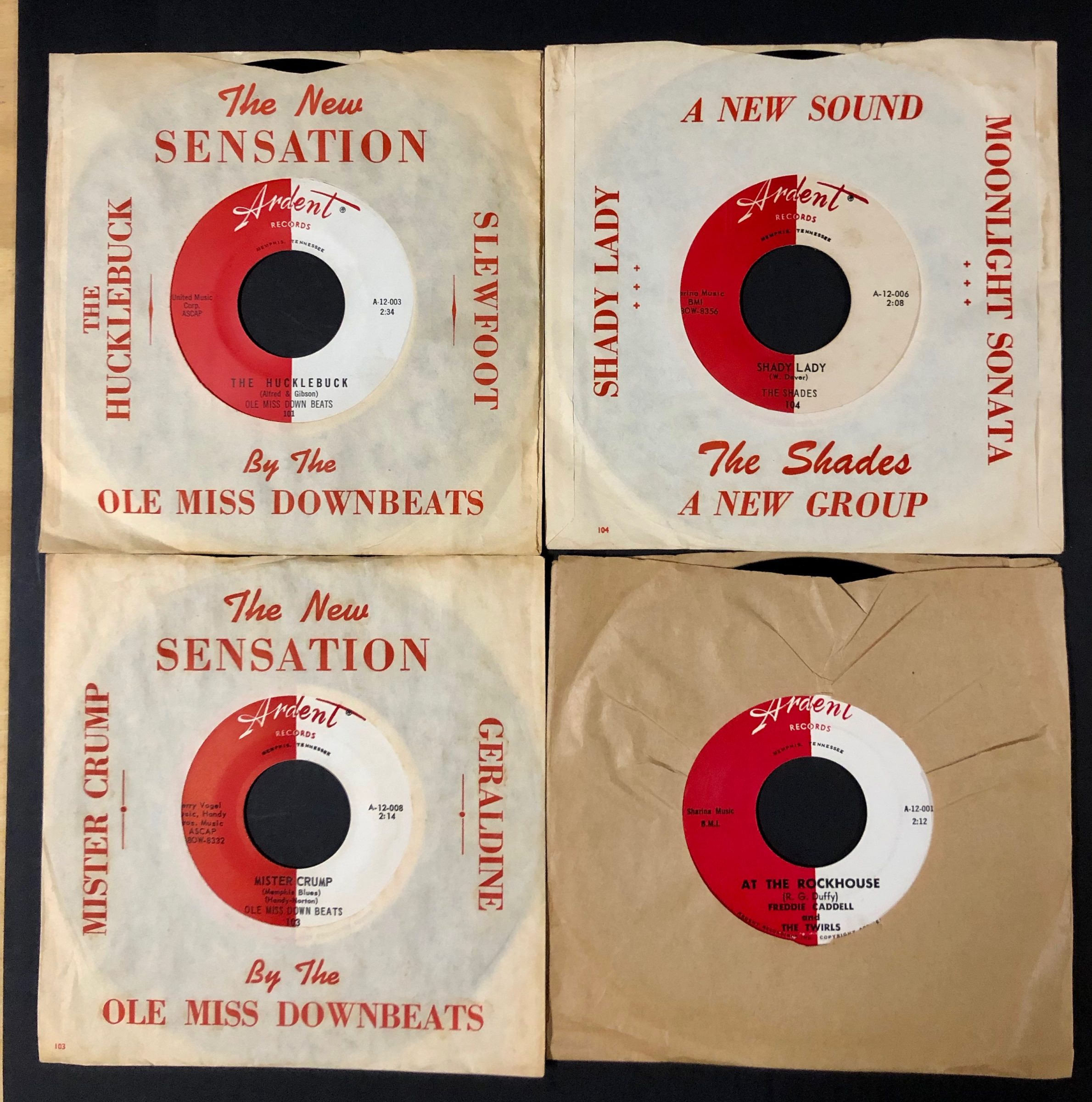
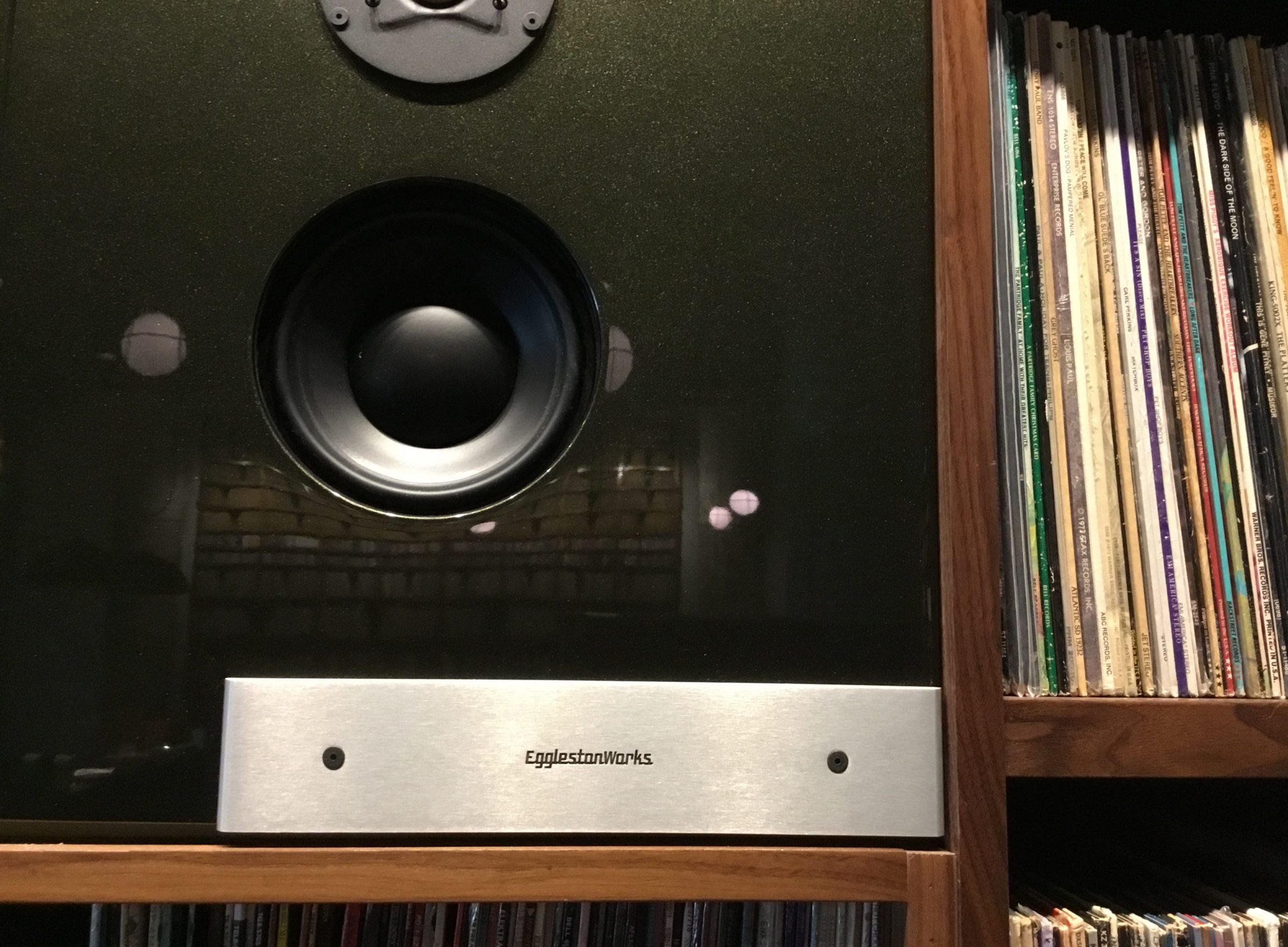
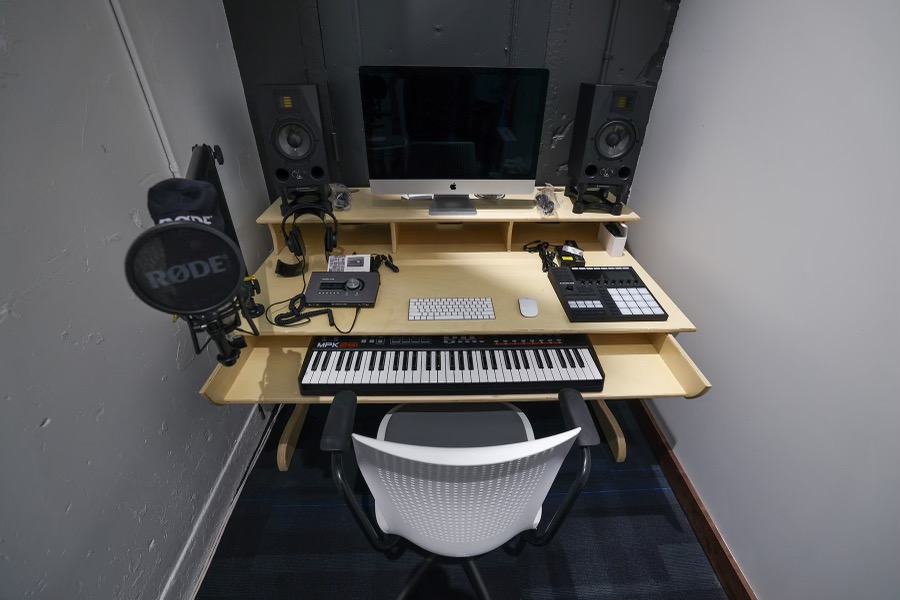
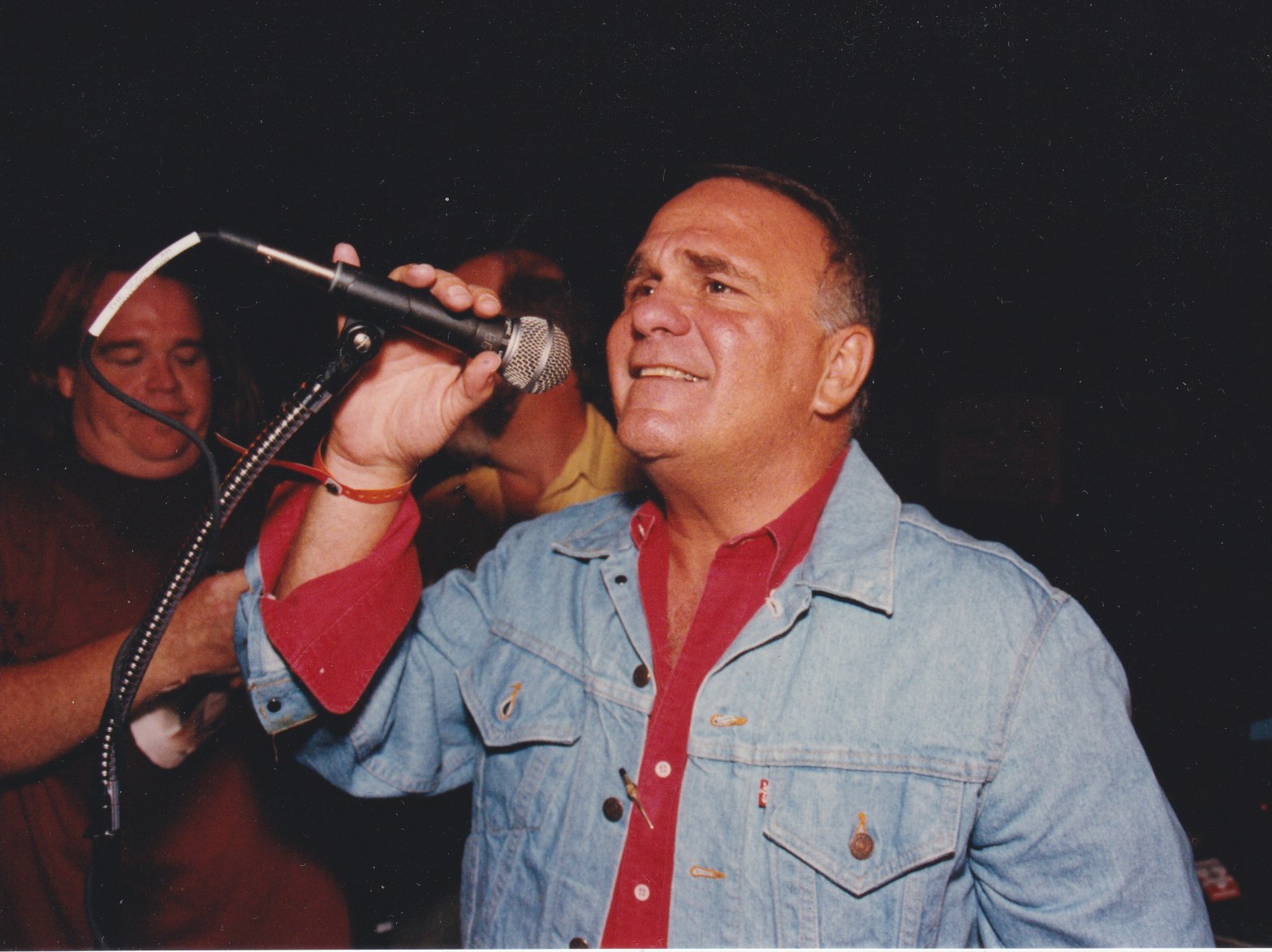
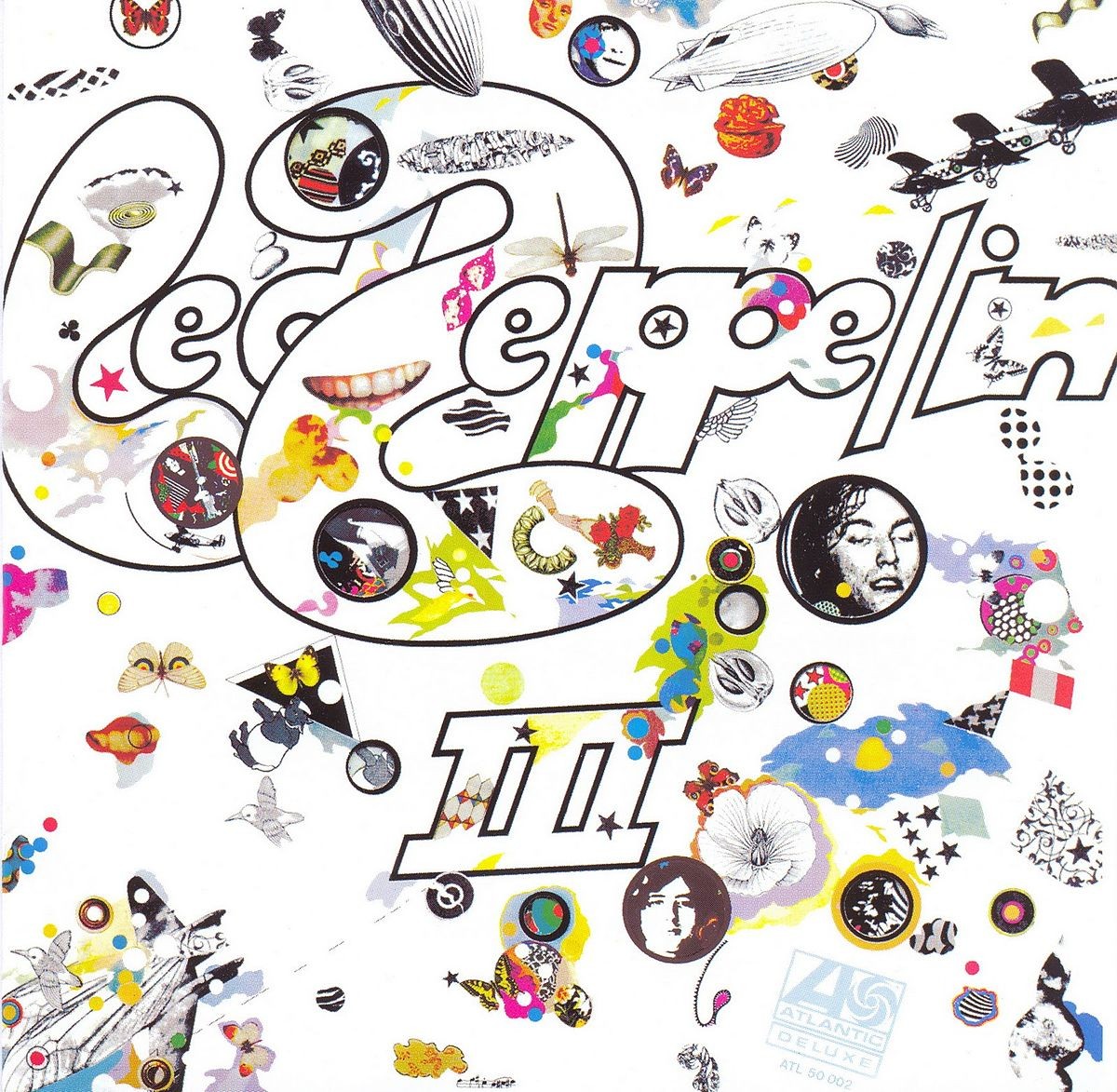
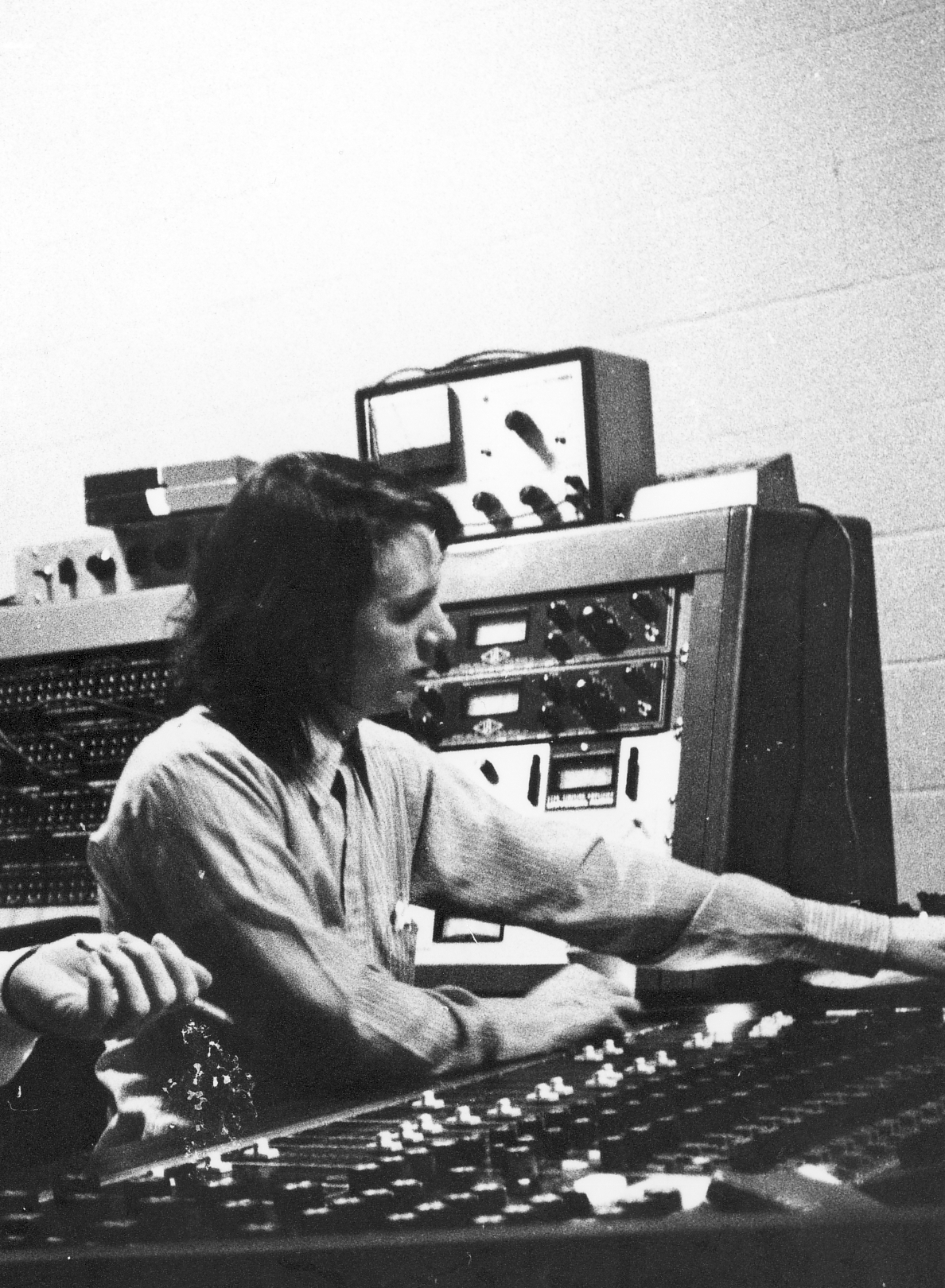 courtesy Terry Manning
courtesy Terry Manning 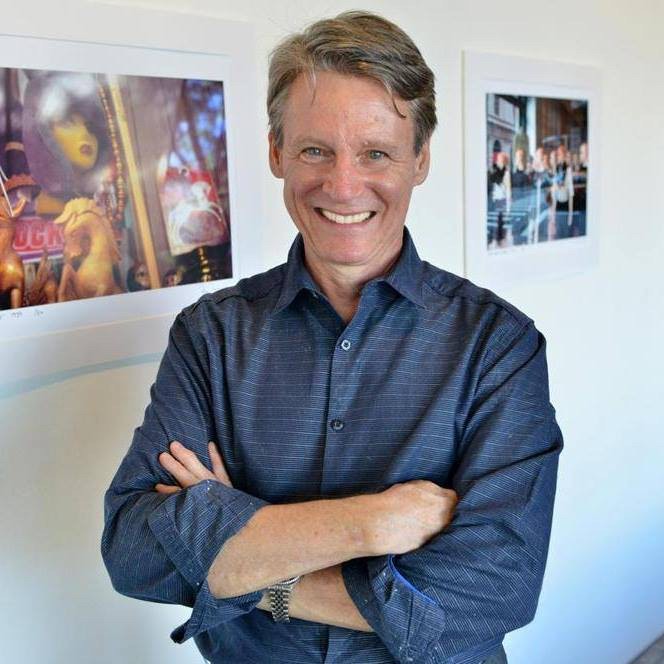 Josh Reynolds
Josh Reynolds 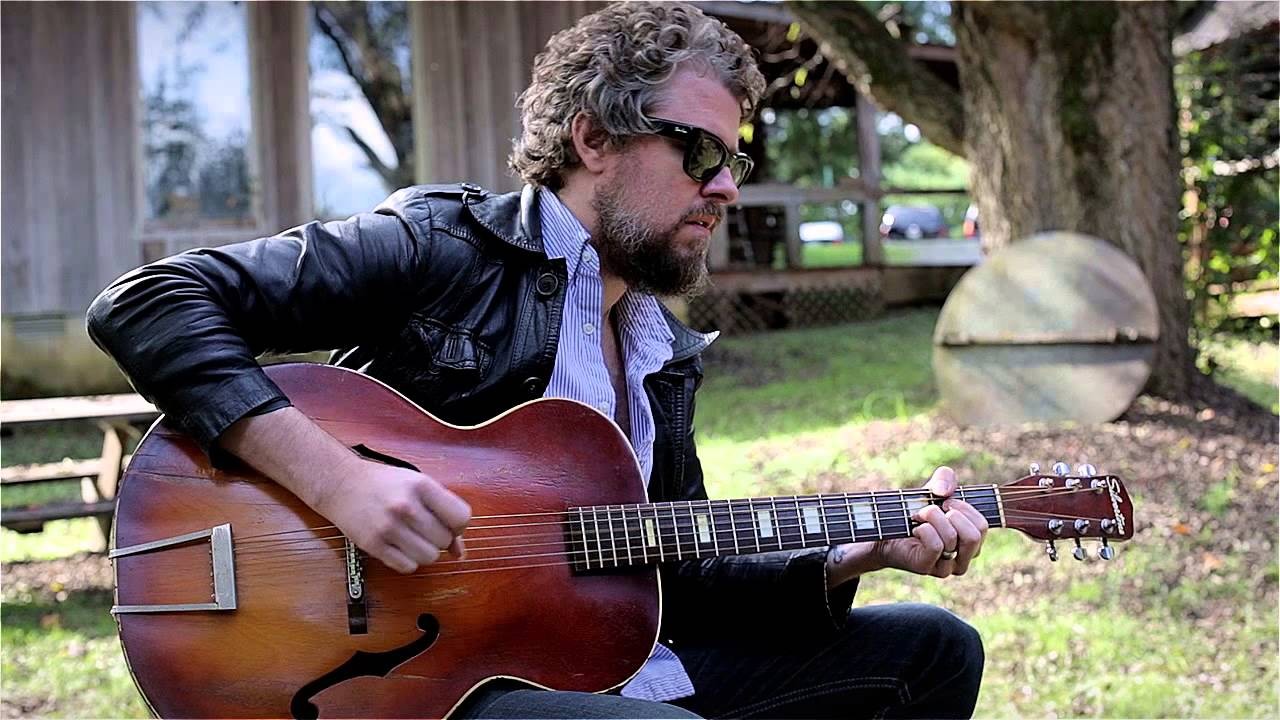 Rich Tarbell
Rich Tarbell 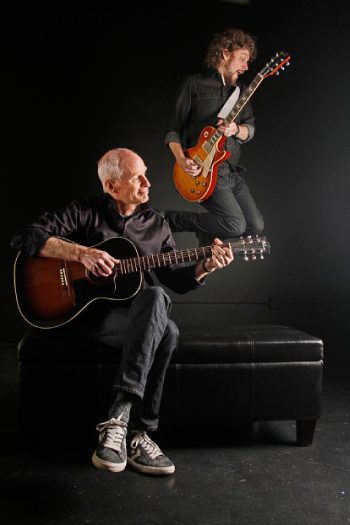 Justin Fox Burks
Justin Fox Burks 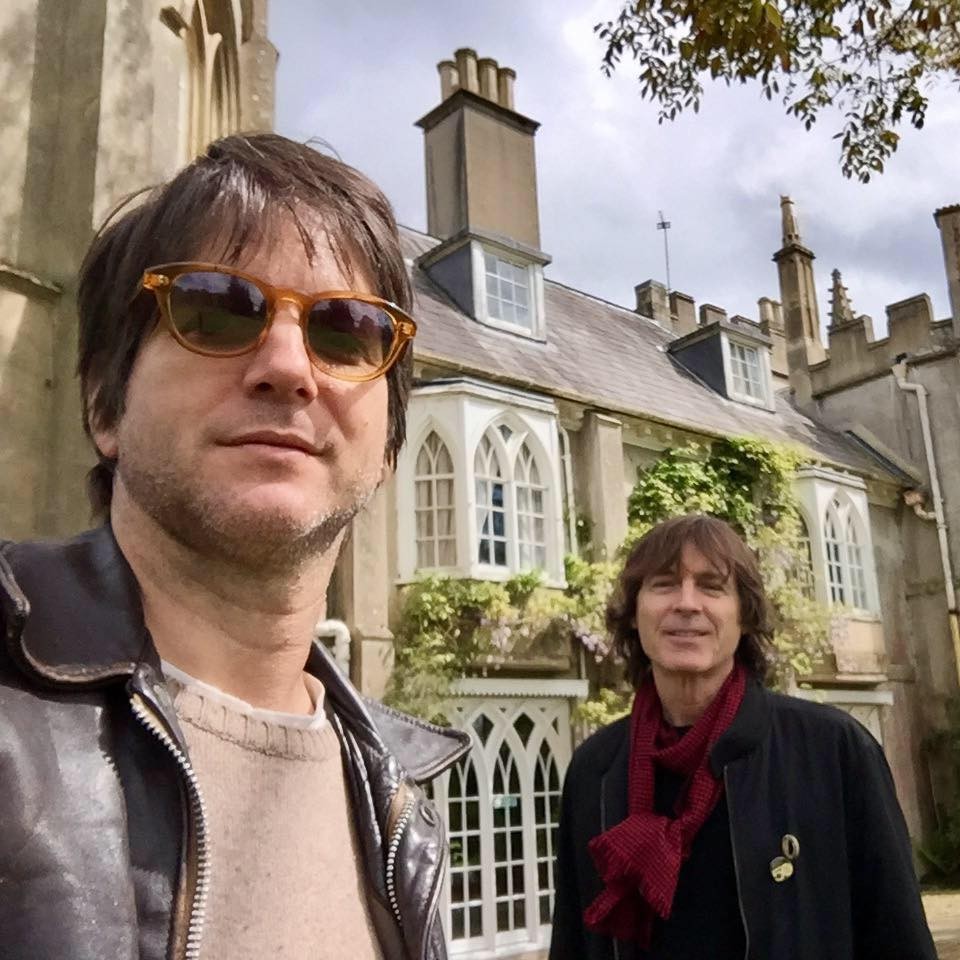
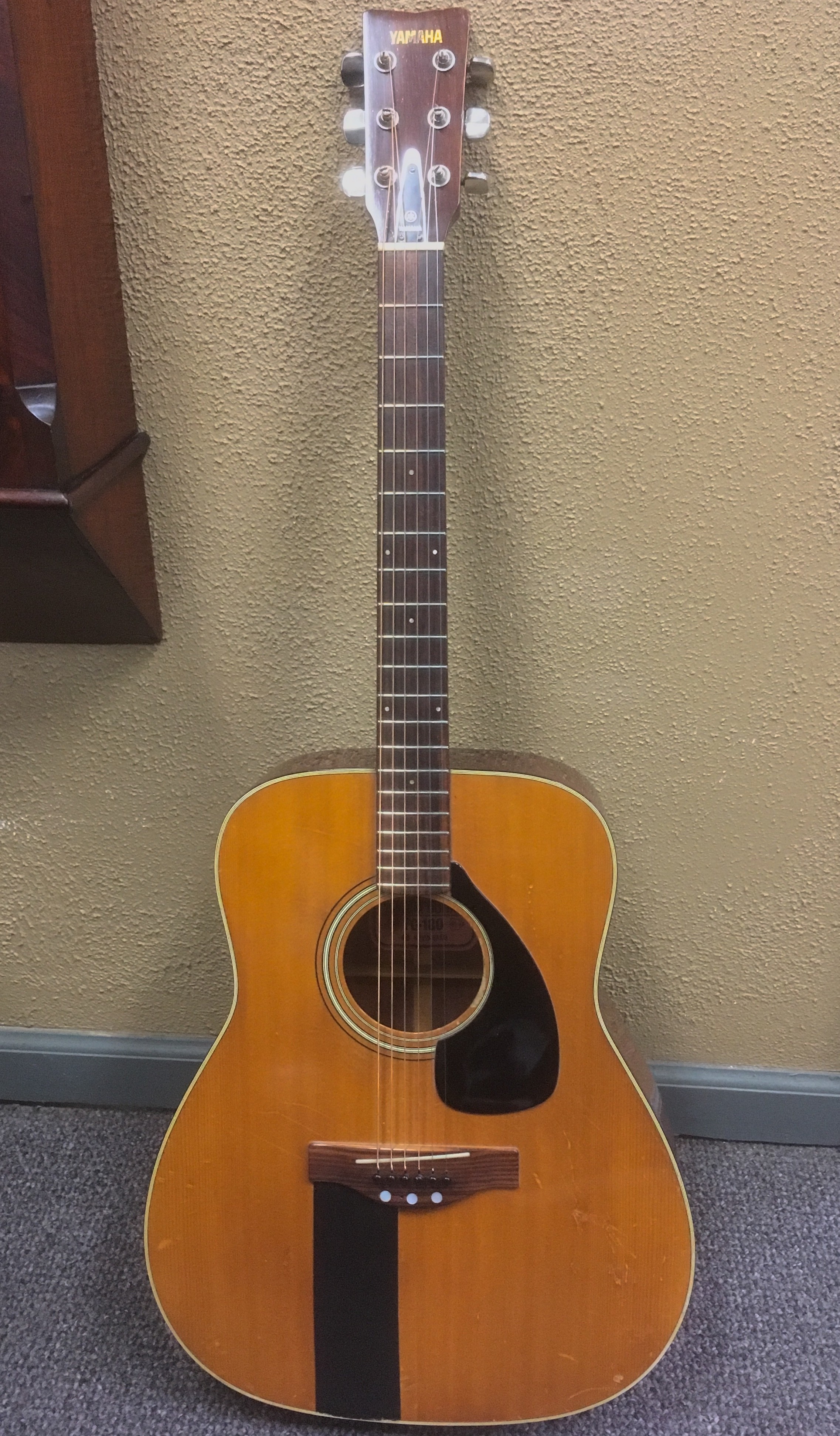
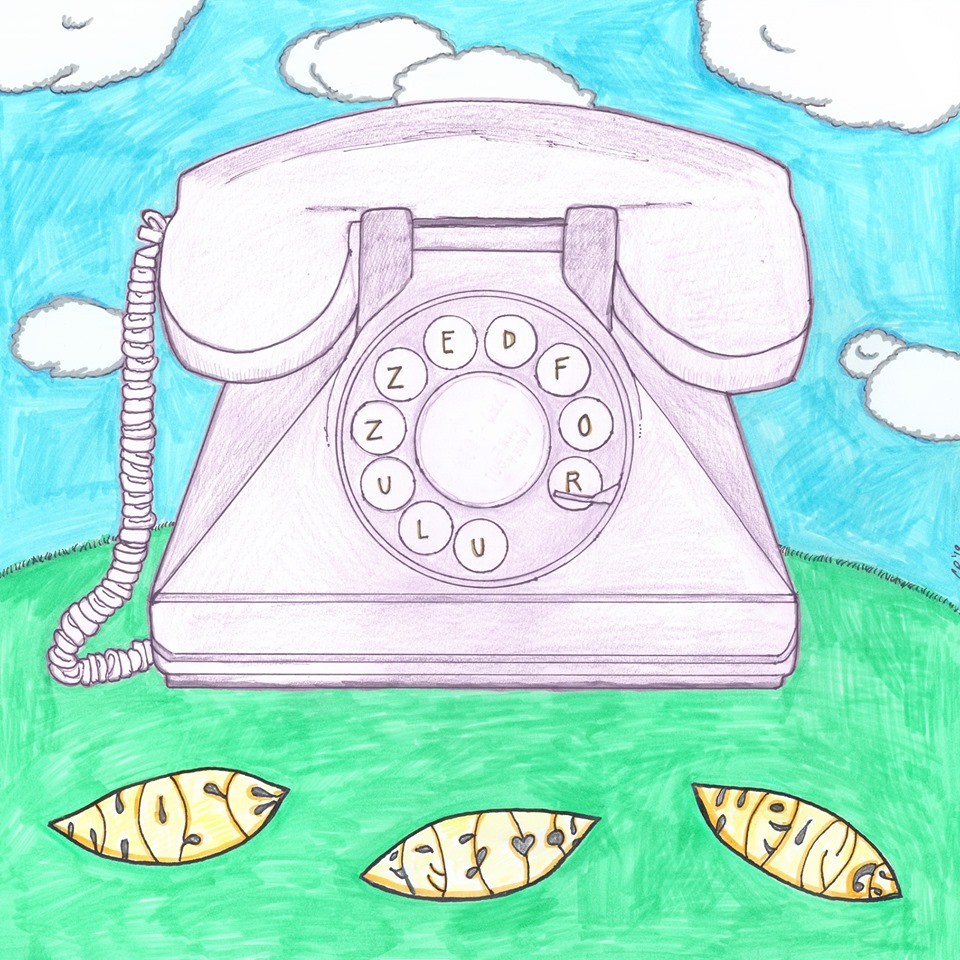
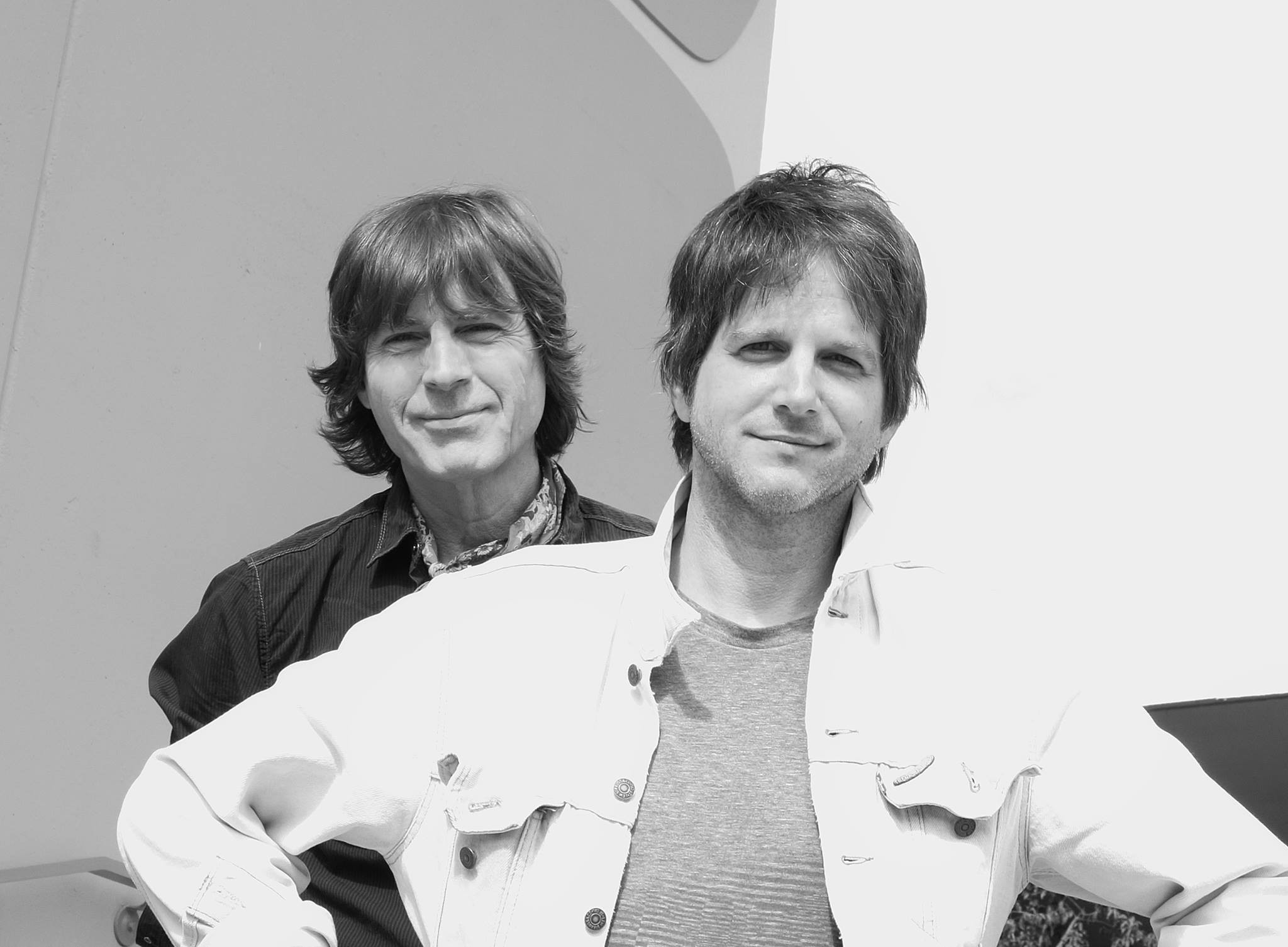
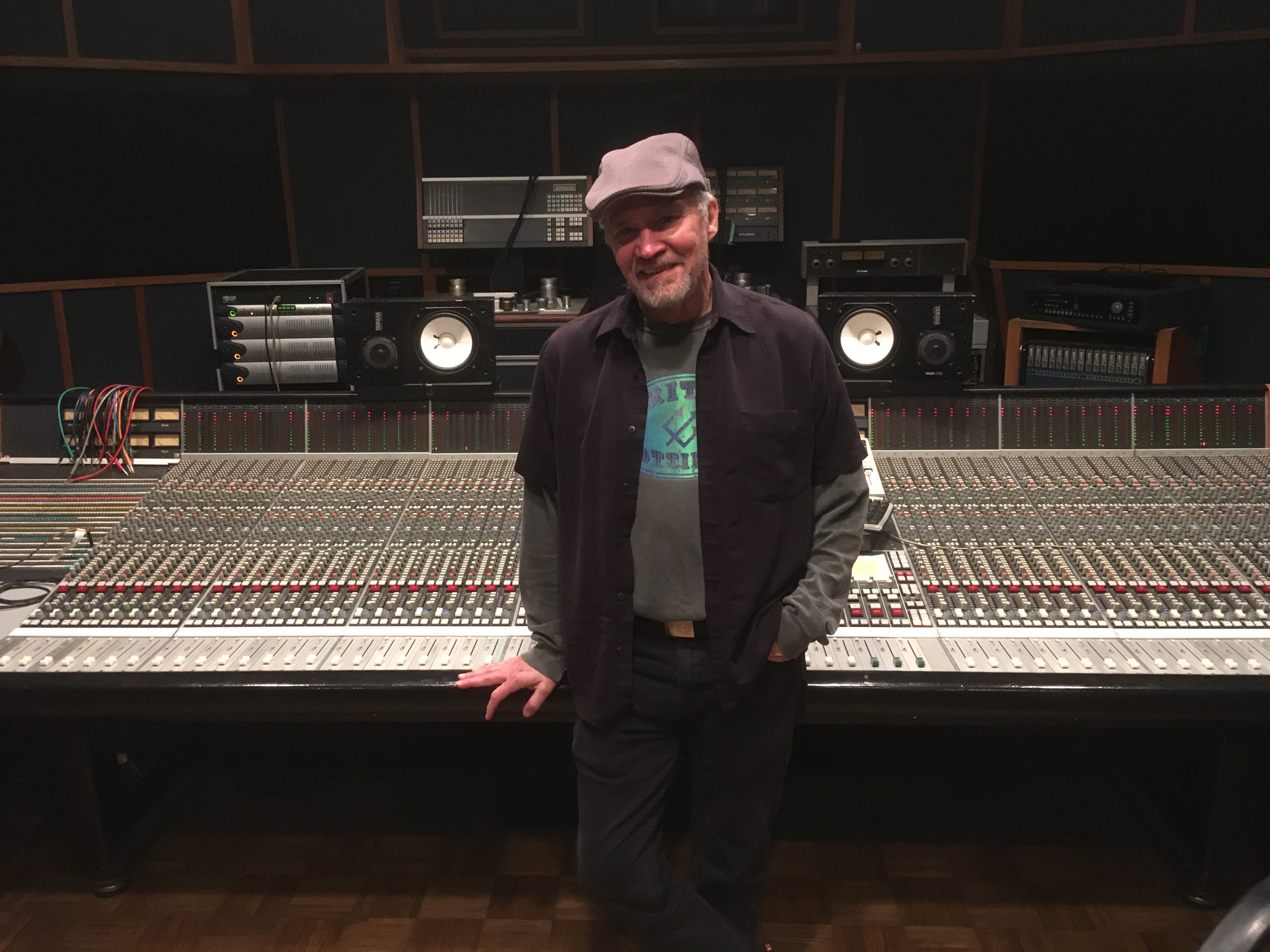 Alex Greene
Alex Greene 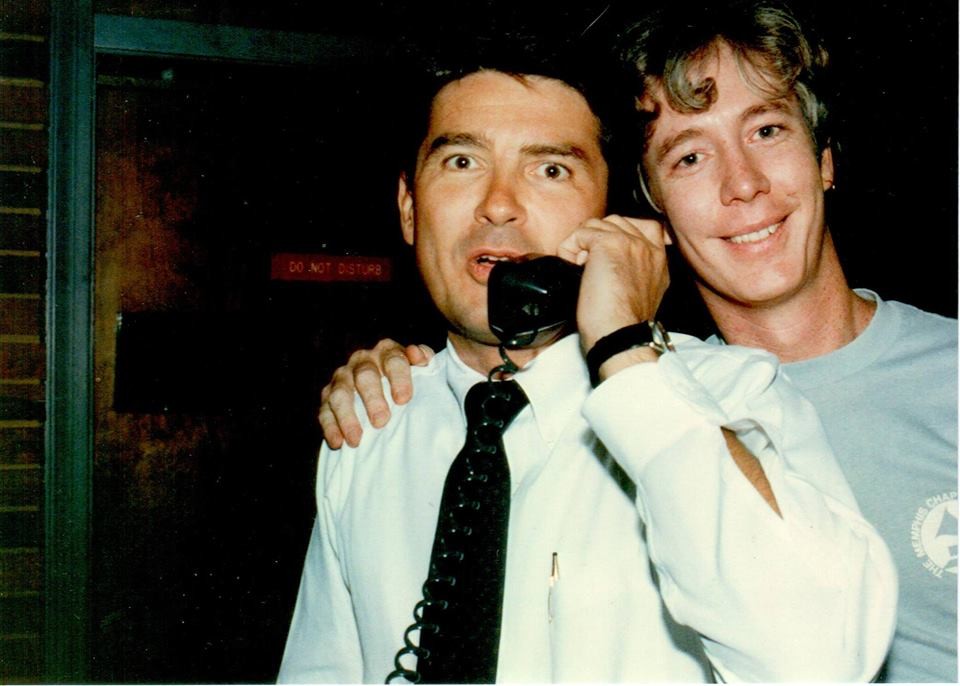
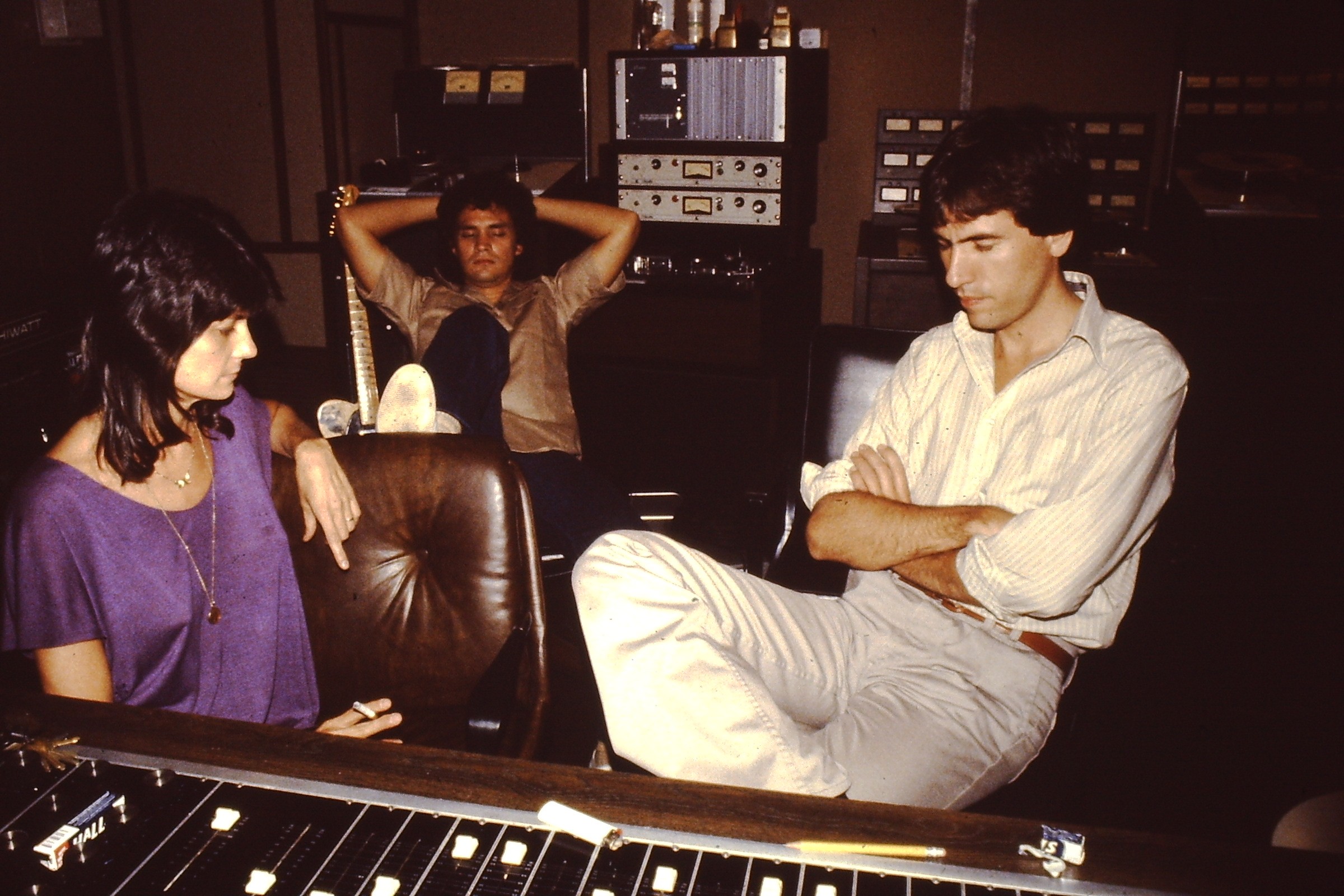 Courtesy Jerene and Keith Sykes
Courtesy Jerene and Keith Sykes 